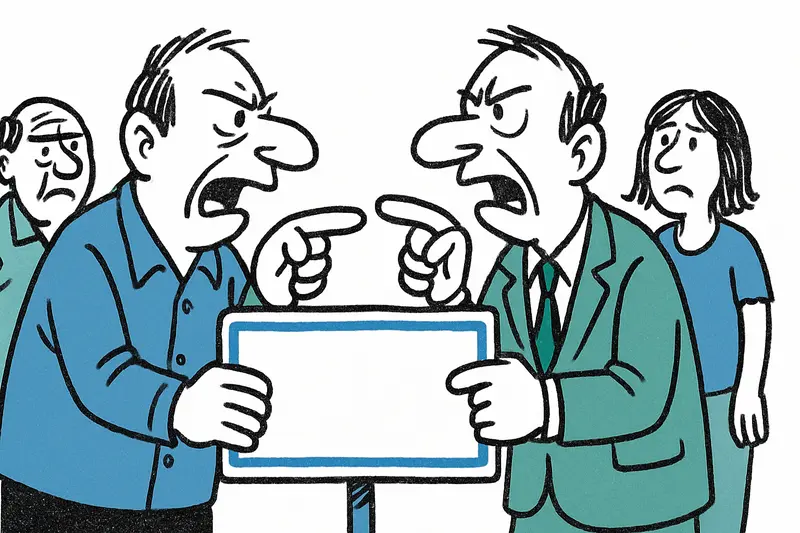The debate over the official city name is back: A political initiative sparks discussions among historians, language specialists, and residents.
Why the city name is being discussed again all of a sudden
On Passeig Mallorca, yesterday there was loud discussion—not about parking spaces or the weekly market, but about three words: Palma de Mallorca. A small but vocal political group has put forward a proposal that reignites the question of how we should name our capital. For many people here it sounds unnecessary; for others it's an identity-defining detail.
An old dispute in new clothes
The history of the name is long: Romans, Visigoths, Moors, the conquest by Jaume I. – all left traces. Historians I met today at a cafe in the old town smile more than they are outraged. “The core name is old and established,” says a researcher who would prefer to remain anonymous, “the suffix pops up here and there, but it's not a reason to reinvent the city.”
Others see it as more practical: At the airport, for years “Palma de Mallorca” appears in large letters. For tourists it may be helpful; for locals it's often just annoying. I heard a vendor at the market yesterday: “For us it's Palma. End of story. But the luggage tags do not decide life here.”
Politics meets linguistic sensibility
The current initiative is driven mainly by a small right-wing party. Critics accuse it of instrumentalizing the discussion. Linguists I phoned remind that place names change over centuries and that political pronouncements are rarely lasting: “An official decision does not replace everyday language,” says a linguist from Palma.
Pragmatic voices recommend a middle ground: Documents, tourist signs and forms can formally use “Palma de Mallorca,” while everyday life continues to say “Palma.” This preserves historical identity and maintains tourist benefits.
What the decision would mean for residents
In the end it's not theory but practice that decides: city councils, forms, signs and advertisements. Some residents worry more about rising rents and crowded streets than about semantics. Others see such debates as a sign that politicians are dealing with symbols instead of local problems.
Who knows, maybe it's just another controversy that will soon disappear. Or not. Until then, Palma remains—in cafes, on postcards and in everyday speech—a name most of us have used for years. Will an official stamp change that? Unlikely.
Similar News

Life-threatening swimming accident in Ibiza: 73-year-old revived on the beach
During severe storms, a 73-year-old visitor swam despite a red flag. Lifeguards rescued her, and she is now seriously in...

Mummified Body Found in Abandoned House Near Santa Margalida
Between Can Picafort and Son Serra de Marina, teenagers discovered a mummified corpse in an abandoned house. Identity an...

Large Rockfall Blocks Ma-2141 Road Near Sa Calobra
After heavy rainfall, several rock blocks toppled onto the winding Ma-2141 toward Sa Calobra over the weekend. The road ...

Ibiza: Clubs Hosted Closing Parties Despite Weather Warning
Despite an official weather warning and calls to postpone large events, several Ibiza clubs held the closing parties. Pu...

Nearly Eight Tonnes of Garbage Recovered from the Sea Off the Balearic Islands
In September, nearly eight tonnes of waste were collected from the waters off the Balearic coasts. Boats around Mallorca...
